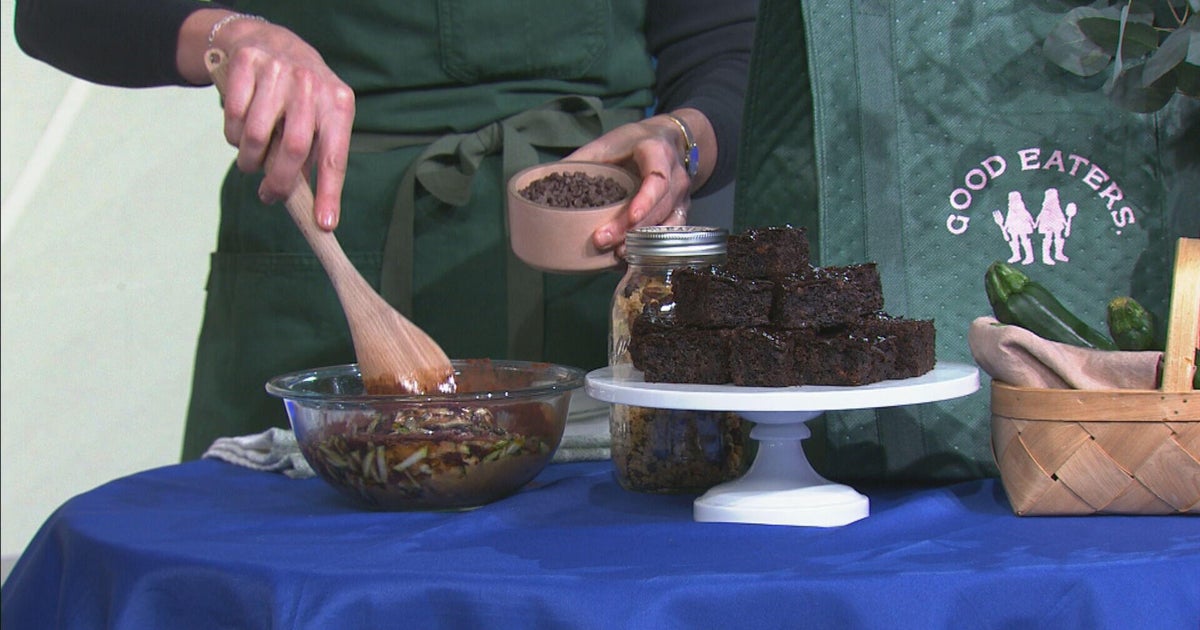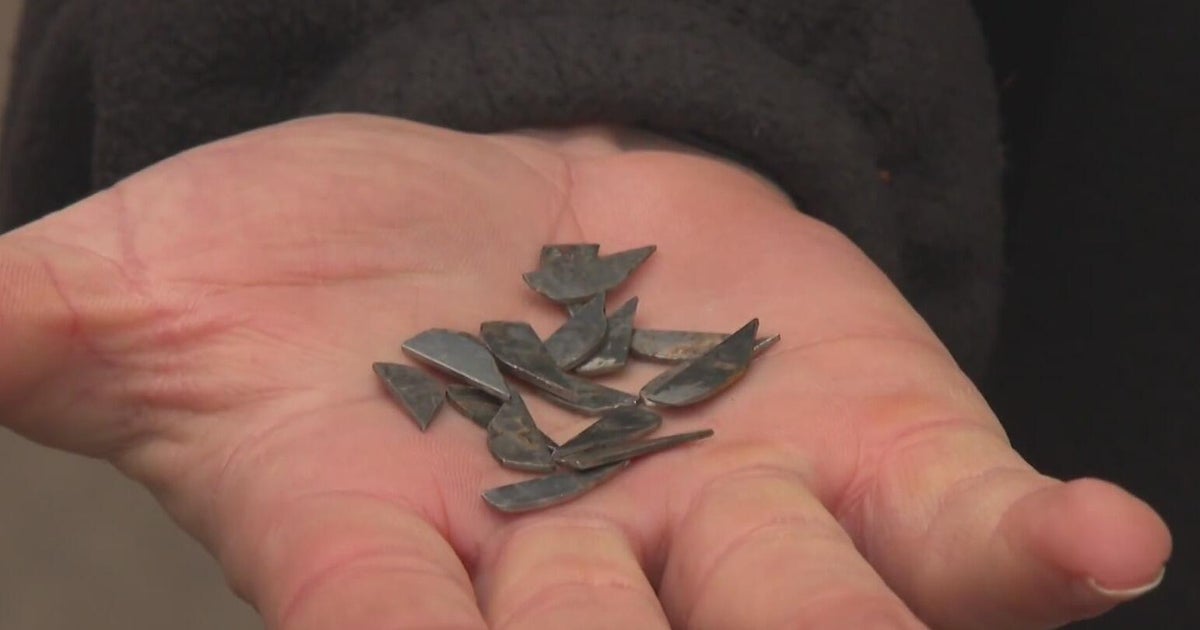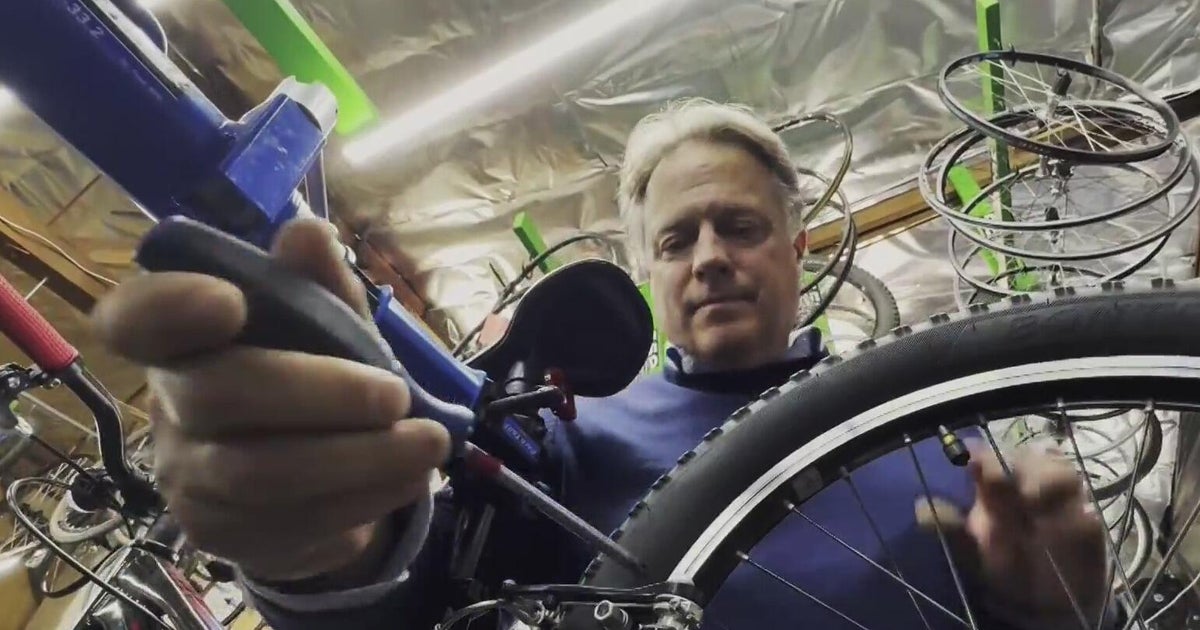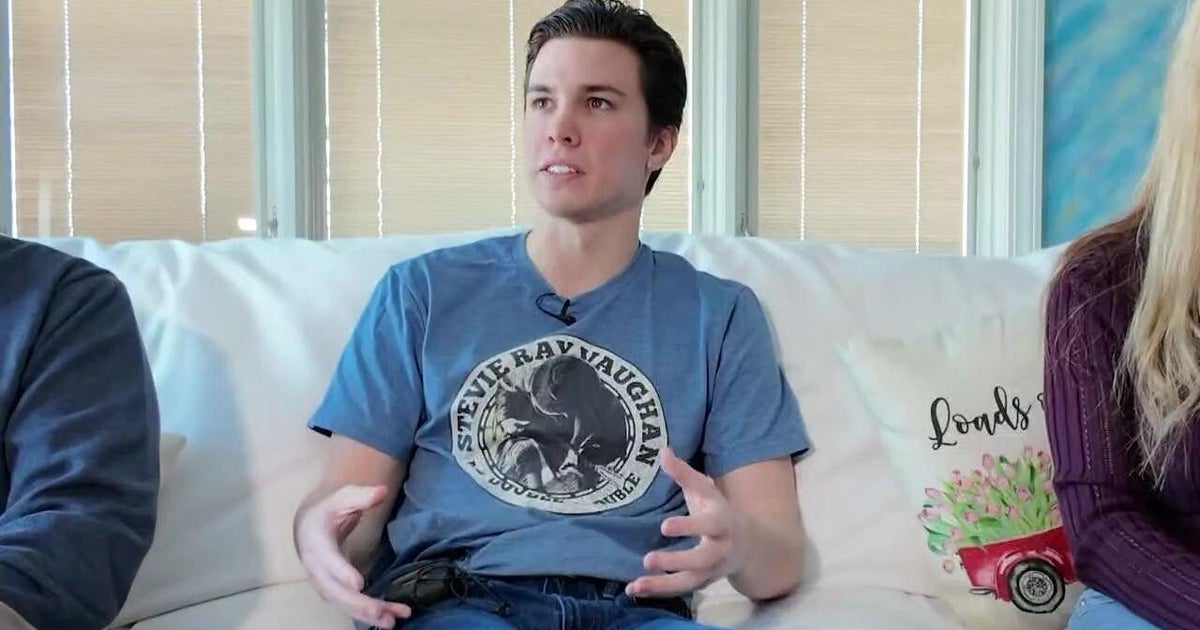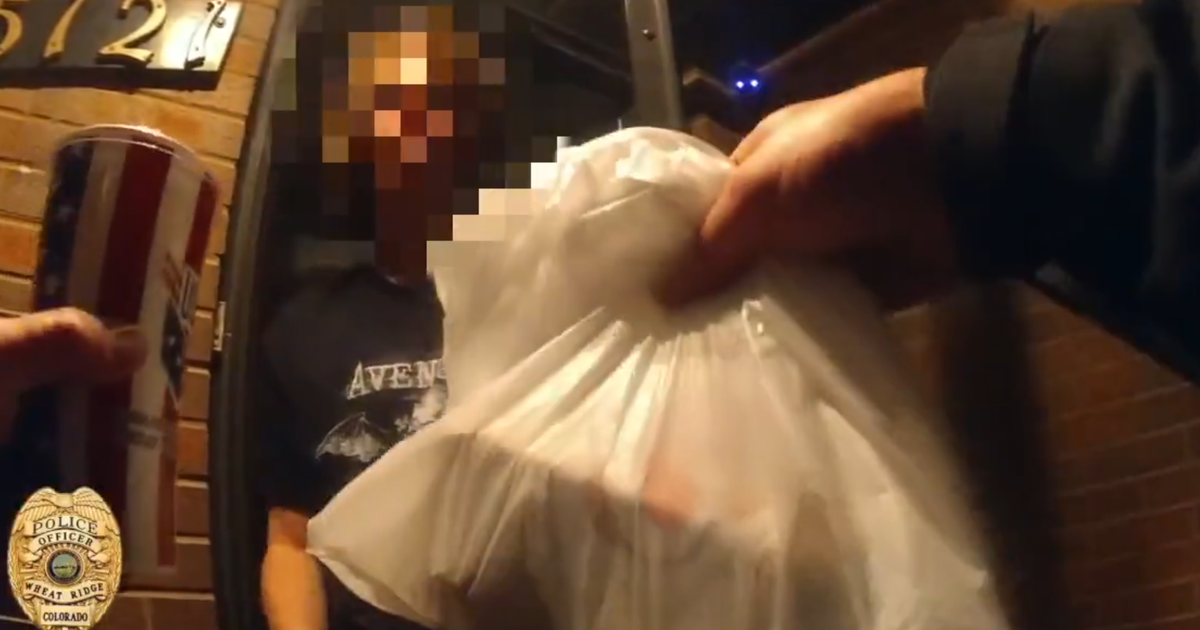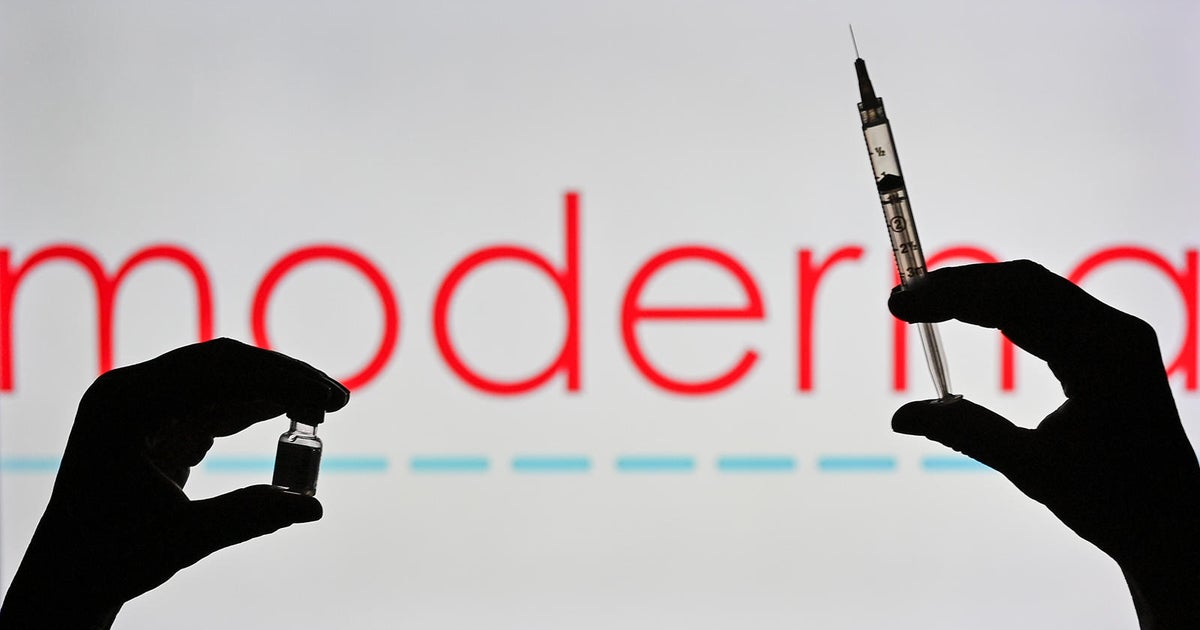Does sunscreen expire? A dermatologist explains when it's time for a new bottle.
PITTSBURGH (KDKA) — The pools are open and the sun is shining, so that means it's time for parents to swap out the old sunscreen for a new one.
But does sunscreen expire? KDKA Consumer Investigator Meghan Schiller found out there's a general rule with one exception.
Do I throw out expired sunscreen?
No kid wants to pause the fun to slather on the sunscreen.
Tolani Akinrinoye is the mother of a second grader and says the decision to keep or toss is simple.
"Sometimes I just feel if I've used it for a while I just get tired of it and fling it," Akinrinoye said.
She's right. The Food and Drug Administration says sunscreen lasts only three years, but Allegheny Health Network Dermatologist Dr. Kristen Whitney said you shouldn't even get that far.
"Most of the sunscreens out there are typically between 4 to 8 ounces. And so for adults, 1 ounce is what you need a day at the beach, that you have to use for one application, and then we're asking patients to reapply every two hours," Whitney said.
That means you really should be going through a couple of bottles each summer.
Be sure to spot the expiration date on the crinkled part at the bottom of the bottle or just write the date three years from now in a permanent marker after you buy a new one.
"I first make sure there's no chemicals like parabens in them, and then I have to go with how they feel on my kid's skin," Mt. Lebanon resident Christine Green said.
Green is a mother of two, and she brings up another great point: Not all sunscreens are created equal.
"Most of the sunscreens now will be paraben free, sulfate free, gluten-free because it's out there. And people want to avoid it. If it's not necessary, why have it in there?" asked Dr. Whitney.
Dr. Whitney recommends mineral-based sunscreens and these three things: broad spectrum; SPF 30+, 50+ for kids; and water resident for 80 minutes.
"With the titanium and zinc-based sunscreens, they're mineral," Whitney said. "So, if anybody has a history of sensitive skin, eczema, that takes out all the chemical-based sunscreens. So, I honestly recommend them for everybody."
She added, "The smaller inactive ingredient list you see the better because that just means they add less things to it."
Dr. Whitney said parents need to know that they need to rub in even the spray sunscreens. She also suggests looking for ultraviolet protection factor clothing, saying that's an easy way to reduce your surface area.
"I'll even tell parents, even if you can get one of those long-sleeved shirts or they make them in a looser jacket, that will save you so much hassle. And you don't have to apply sunscreen underneath it," said Dr. Whitney.
The most important thing to consider when it comes to sunscreen is where you are storing it. Don't store sunscreen in direct sunlight or a hot car. Toss that immediately, no matter how old.
"Foams are nice too to use," Whitney said. "They're a little bit easier for the kiddos. The sticks for the face are very nice too. But regardless, they all have to be rubbed in thoroughly."

